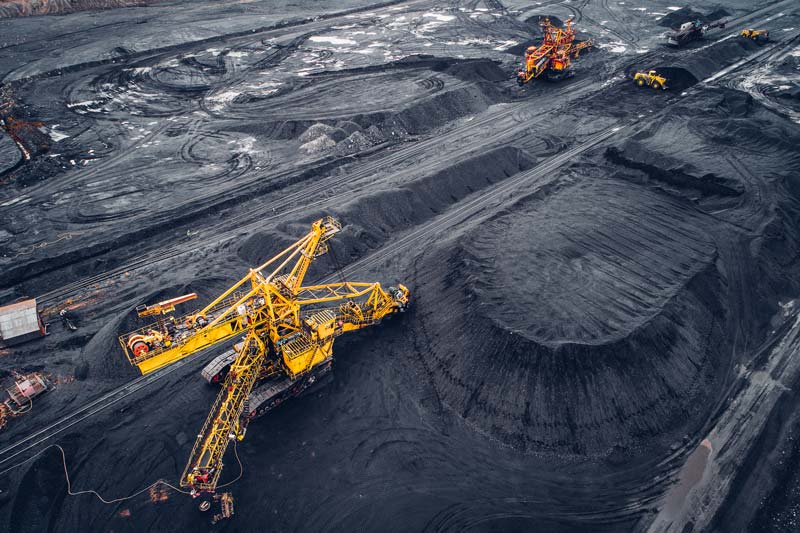Britain Powered Without Coal for 10 Consecutive Days

As of Monday afternoon, the UK has been powered without the use of coal-fired plants for 10 consecutive days—and the streak is growing.
The coal-free run comes just two years after the UK recorded its first coal free day since the Industrial Revolution, and shatters the previous record of a week, logged just at the beginning of May. National Grid, the UK’s power transmission network, said it expected coal-free runs would become more and more frequent until the UK phases out coal entirely.
Eliminating carbon-intensive and heavily polluting coal from our energy system is seen as crucial to decarbonising Britain’s economy and limiting the impact and escalation of climate change.
And the transition away from coal in Britain has been swift, as old coal-fired power plants have been taken offline and a carbon price floor, introduced in 2013, reduced the profitability of coal. Last year coal generated just 5% of the UK’s electricity, down from 42% six years before.
As of last summer, there is now more renewable generating capacity in the UK than non-renewable, with wind, solar, biomass, and hydropower installations coming in at 41.9 gigawatts (GW), compared to just 41.2GW in coal, gas, and oil-fired plants.
That non-renewable capacity will dive further in next few years. The government has announced plans to mothball the UK’s seven remaining coal-fired power stations by 2025. At least three—Cottam in Nottinghamshire, Fiddlers Ferry in Cheshire, and Kilroot in Northern Ireland—are scheduled or anticipated to close in 2019.
“Just a few years ago we were told Britain couldn’t possibly keep the lights on without burning coal,” said Doug Parr, policy director at the environmental activist group Greenpeace.
“Now coal is quickly becoming an irrelevance, much to the benefit of our climate and air quality,” he added.
However, other climate scientists and activists have cautioned that these coal-free days, while producing celebratory headlines, are largely symbolic.
While much of the generating load from coal plants has been transferred to renewables, the UK continues to rely heavily on another fossil fuel—natural gas—for our power. While renewables contributed a third of the UK’s energy in 2018, natural gas yielded 39%, a percentage that must fall below a quarter by 2030 if the UK is to meet its legally binding decarbonisation goals.
Meanwhile, a report from the European Commission found that the UK continue to give £10.4 billion in subsidies each year to the fossil fuel industry, the highest level in the European Union, and higher than the £7.2 billion it grants to renewable power.
And while carbon emissions from electricity generation have fallen—down 7% just from 2017 to 2018— those in other sectors, including transport and residential heating, have remained stable or even increased.
Earlier this month the Committee on Climate Change, an independent environmental advisor, recommended that the UK redouble its climate targets, committing to achieve net zero emissions by 2050. The current target is an 80% reduction on emissions levels from 1990.
Read on our blog

With the government poised to implement tough new measures to...

Budget broadband provider TalkTalk has been notifying customers via email...

A year-long investigation by charity Citizens Advice has revealed a...

Education Secretary Nadhim Zahawi has announced a new commitment to...
